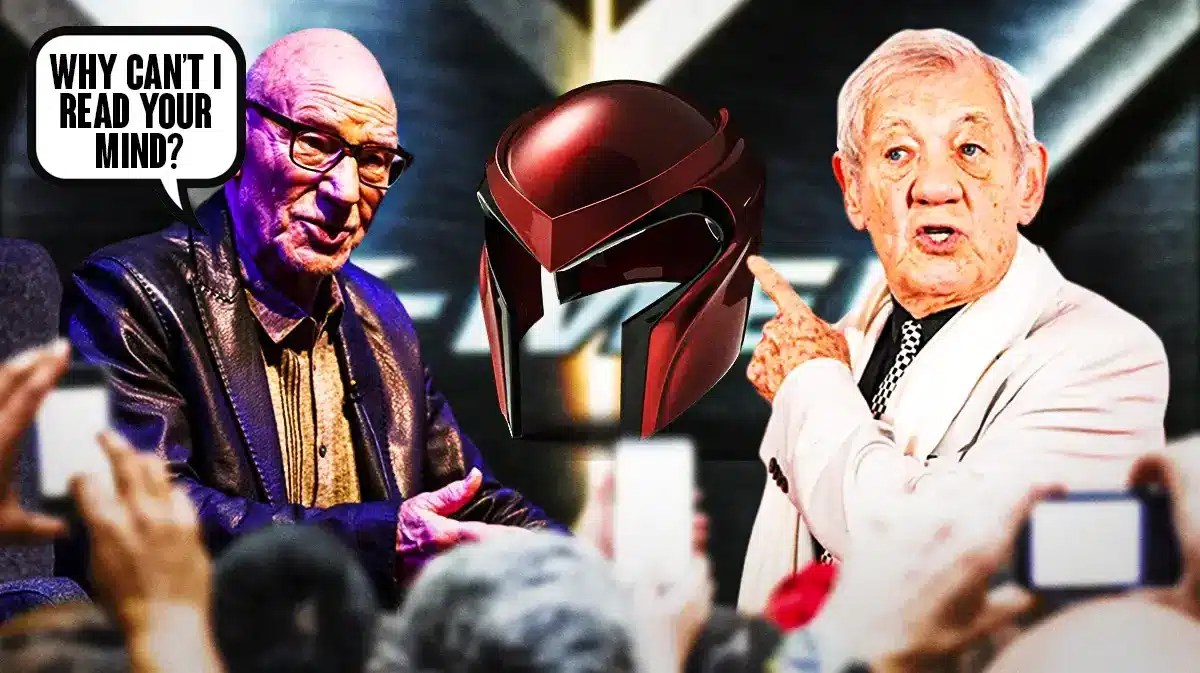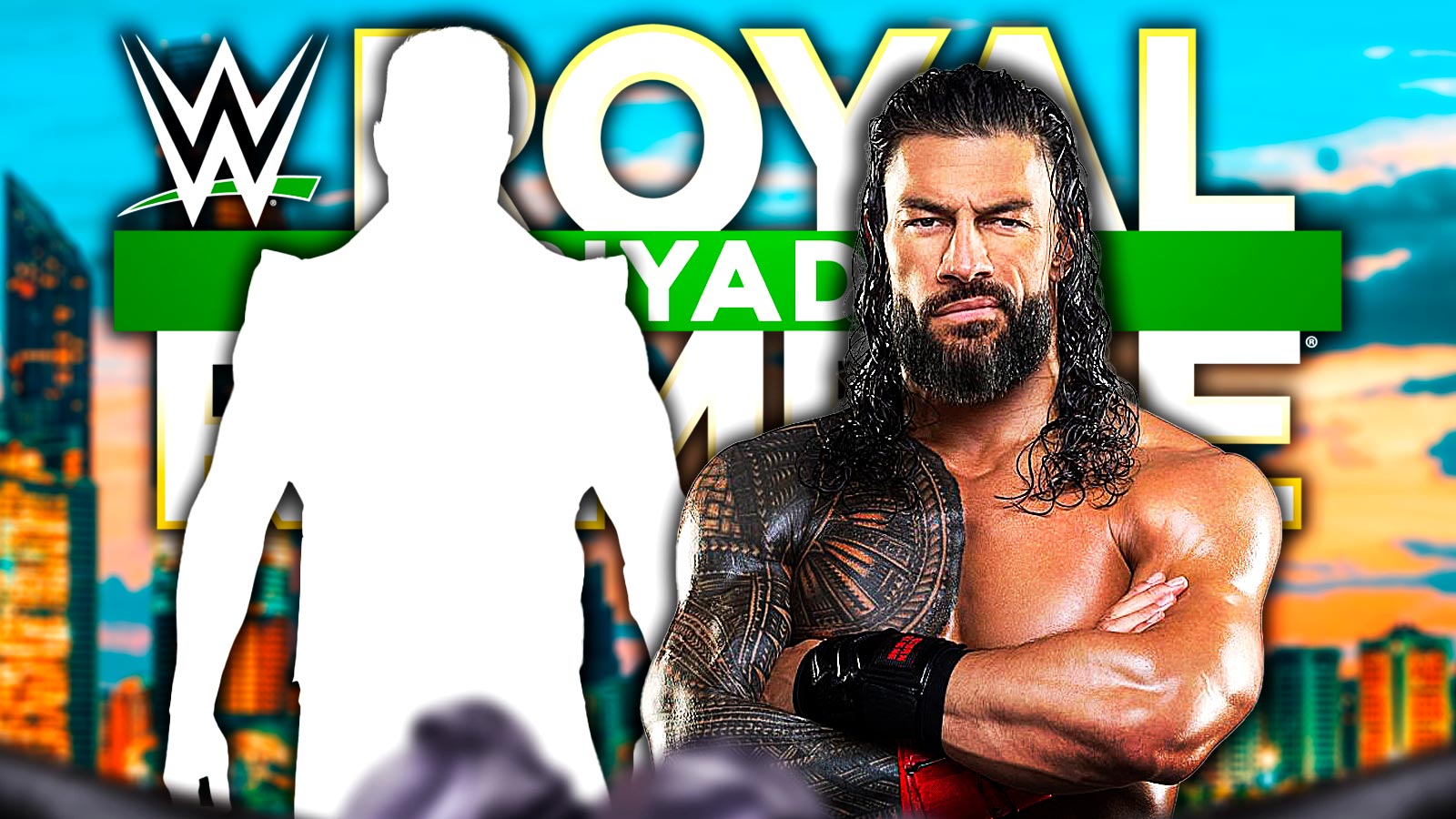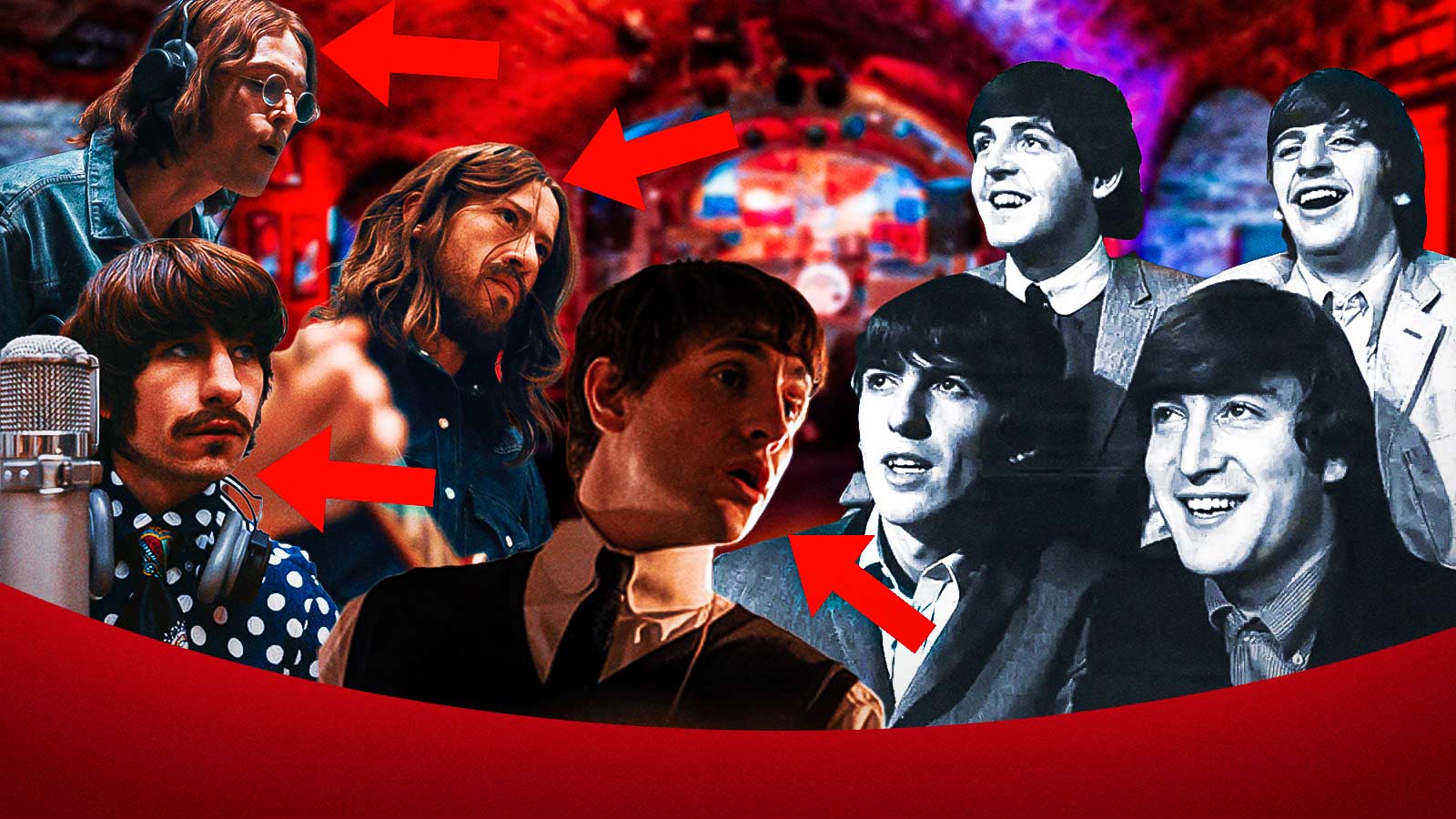As more comic books were adapted to the movie and TV screens, the more those adaptations began to impact the comics, in turn, with new characters or changes to powers that may not have been there before. The writer of 2000's X-Men movie confirmed this was indeed the case for the film's villainous Magneto and the use of his iconic helmet which, before then, had a spotty history in on the comic book page.
Actor and writer David Hayter was responding to fan questions when on X when he was asked about the nature of Magneto's helmet in the film, according to SlashFilm. He revealed that the villain's reliance on the helmet to counter Professor Xavier's telepathic powers was more a decision of convenience, rather than something concrete taken directly from the comics.
This happened because the director said one day, “Why couldn’t Xavier just make Magneto go to sleep or something?”
No one had an answer.
So we decided it was the helmet.#XMen https://t.co/6Ggq3EURPR
— David Hayter (@DavidBHayter) January 17, 2024
Hayter's response reflects the spotty history of Magneto's helmet up to that point, despite it bein a signature part of his costume since his comic debut in 1963. At times, it was hinted that the helmet played a part in countering Professor X's abilities but it was never clearly laid out for readers. Magneto having telepathic powers of his own, at times, only further complicated the matter as this was also used as an excuse for why he was able to defend himself from Xavier.
Since the first X-Men film, though, Magneto's helmet has been concretely established as a key tool in his defense against characters with telepathic powers.
Its yet another example of how adaptation has changed the source material since comic book films and shows have become more popular over the years. Arguably the most famous example of this influence was the introduction of Harley Quinn in Batman: The Animated Series, a character that would become so popular she would quickly find her way to the comics where he popularity would follow her.




















